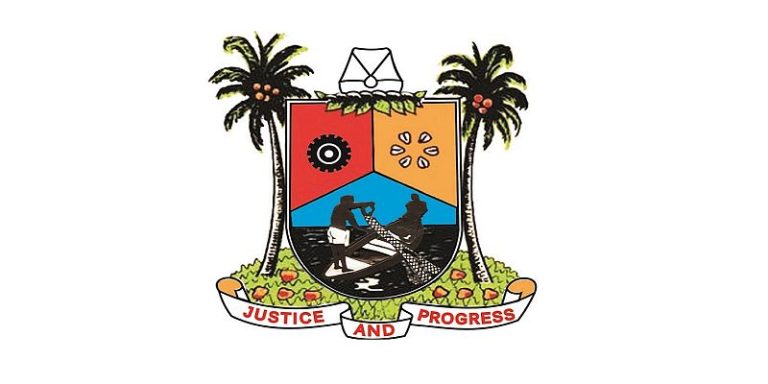The Lagos State Government has validated a twenty-nine-page document on Disaster Risk Reduction Policy and Framework for Emergency Management Fund for Lagos State.
This was done in collaboration with the Disaster Risk Reduction Technical Working Group instituted by the Lagos State Emergency Management Agency (LASEMA).
Members of the technical working group are drawn from stakeholders in the private and public sectors, especially from the ministries, departments, and agencies of the government in the state.
Speaking at the strategic forum, themed “Validation of Disaster Risk Reduction Policy and Framework for Emergency Management Fund,” the Permanent Secretary of Lagos State Emergency Management Agency (LASEMA), Dr. Olufemi Damilola Oke-Osanyintolu, said there is a need for more collaboration between key stakeholders in the emergency response sector as a key tool in effective emergency response, disaster risk management, and reduction.
He confirmed that LASEMA and the Disaster Risk Reduction Technical Working Group have developed and validated a twenty-nine-page document on Disaster Risk Reduction Policy and Framework for Emergency Management Fund for Lagos State.
The permanent secretary said the workshop of the technical working group was to develop a safer and resilient smart city with strong institutions to reduce existing and prevent new disaster risks with a view to achieving minimal loss of lives and assets by individuals, communities, and businesses by 2030.
Speaking further with journalists, he disclosed that the Lagos State Government has established Early Warning Signal Units in all the Local Governments/Council Development Areas to prevent disasters and to enhance emergency management across the state.
According to Oke-Osanyintolu, there are also local emergency management committees and local emergency response teams in place to forestall disasters at the grassroots levels.
Oke-Osanyintolu said, “Before anything happens, we leak it. Look at what we are doing to prevent floods in our system; we put a lot of things in place; we removed those houses that are obstructing the free flow of waters, we put our Ministry of Environment on its toes, we put our Building Control Agency on its toes, we put the Ministry of Physical Planning on its toes, we put the local governments on their toes; and together, we are achieving success. The success is clear,” Dr. Oke-Osanyintolu said.
Speaking on the theme of the workshop, a Risk Consultant, Dr. Olajide Sobande, explained that LASEMA, as the coordinating agency, must create an operational framework and guidelines to operationalize its core values and focus more on Mitigation, Preparedness, and Prevention, to reduce resources on emergency management.
Going on, some of the stakeholders drawn from various Government and Non-Governmental Organizations emphasized the need for a breakdown of roles, availability of resources, and collation of data, while commending the state government for the engagement, which they described as a step in the right direction.
Recall that the Lagos State Disaster Risk Reduction Technical Working Group was inaugurated in September 2017 to foster inter-agency collaboration between first responders and other stakeholders.
Commending one of the workshop’s participants, a Director from the Lagos State Environmental Protection Agency, Mrs. Olabisi Sonibare, recalled that LASEMA had been in the forefront of disaster management in Nigeria, adding that coming up with the policy document would further enhance its operations. “We have various agencies represented here. We have come to discuss how to harmonize our activities in such a way that we have a disaster-free Lagos,” she said.
Another consultant, Abiola Adeoye, said the workshop was an important forum to institutionalize disaster prevention.
